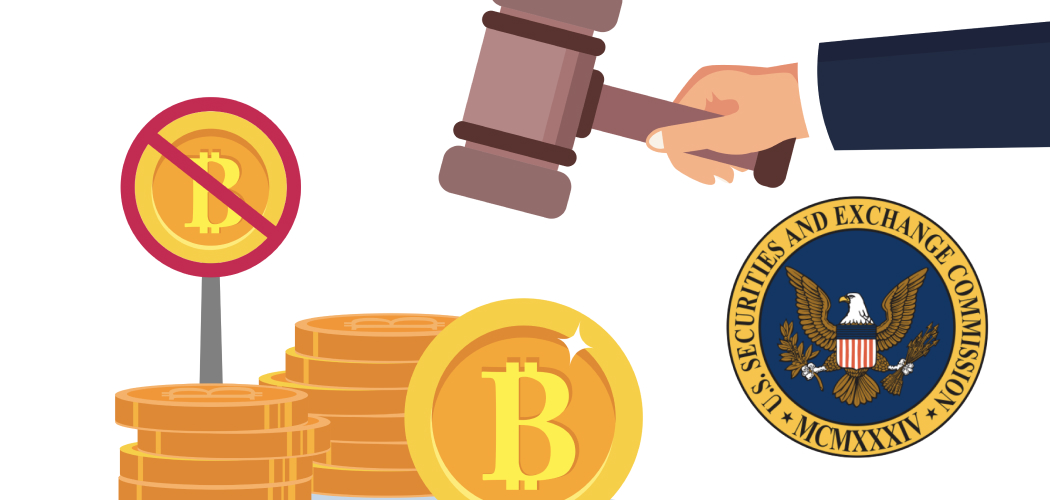Table of Contents
Chairman Gary Gensler always uses the SEC’s mandate of protecting investors as one of the main reasons for trying to get crypto into a strait jacket of regulation. However, he appears to completely discard the fact that much wealth has been created in this asset class.
According to billionaire entrepreneur Kevin O’Leary, there is a landslide of money waiting on the sidelines for the day when the main cryptocurrencies such as bitcoin and ethereum are regulated.
In his estimation, this will bring many trillions of dollars into the crypto economy as very large institutions allocate just 1% or so of their portfolios into bitcoin.
However, in the meantime the average investor has the SEC to deal with, and as much as Chairman Gary Gensler tells us it’s for our own protection, it appears that all investors will have to suffer while the SEC goes after the crypto companies they have invested in.
Regulation is coming
President Biden gave his executive order on crypto back in early March, in which he called for government agencies to investigate the risks and benefits of cryptocurrencies.
Among the main strands to be examined were investor protection, financial stability, and illicit activity. These sorts of things, while welcome in any kind of reasonable and thoughtful measure, could have the effect of crushing the crypto revolution, given the agencies and people who will provide the advice back to the Biden administration.
Gensler of the SEC for example, would have middle men thrust in between investors and the crypto platforms they use, thereby making them slower, more expensive, and bringing an extra layer of bureaucracy.
It’s the same with the larger crypto platforms such as exchanges and lending platforms. The sheer mass of regulatory compliance would end up making them into the equivalent of banks.
Times are changing fast, and the slow lumbering world of banks and financial institutions that make up the legacy financial system are no longer fit for purpose.
How can investors make a return?
How on earth is the average investor supposed to protect their wealth, when they are blocked from anything that might make any decent returns in the legacy financial system because they do not have “accredited investor status”?
Inflation is spiking wildly and the average Joe and Jane are losing perhaps well over 10% a year, depending where they live, in their purchasing power.
Gensler tells young people to save their money when he must be aware that savings returns equate to less than 1%. Taking inflation into account, these young people would lose most of everything they had within a few years.
Yes, the crypto industry has some very bad actors within it, who are no doubt taking advantage of the lack of regulation. However, there is no doubt that crypto is producing the most incredible innovations in finance, and sooner or later, as the code becomes more battle tested, smart contracts will enable investors to make a decent return with vastly increased security.
The fight for investor-controlled finance
Yet, will government and the regulators allow this to happen? With crypto innovation we are fast moving away from the behemoth banks and financial institutions that suck the wealth out of the people. These institutions and those that lead them will not give up their place at the trough without a fight.
They control everything, which includes the mainstream media, and they are now being asked to regulate the competition which is crypto. It can well be imagined that there is an extremely rocky road ahead. Nevertheless, the old adage “money goes to where it is treated best” will hopefully mean that crypto wins out in the end, and the average investor will have complete control over their own finances and get to use trustless smart contracts rather than regulatory agency-imposed third parties.
Disclaimer: This article is provided for informational purposes only. It is not offered or intended to be used as legal, tax, investment, financial, or other advice.
Investment Disclaimer










